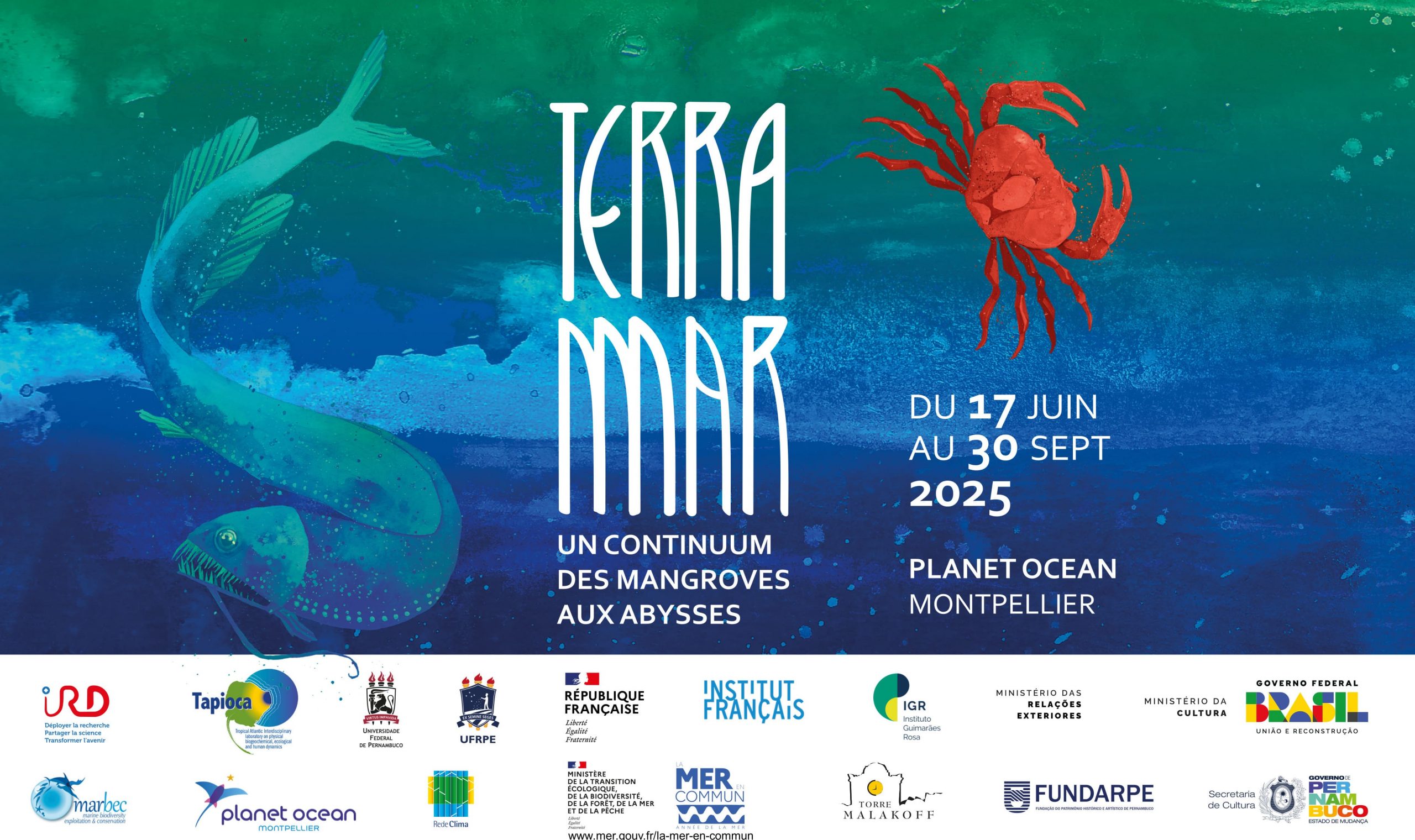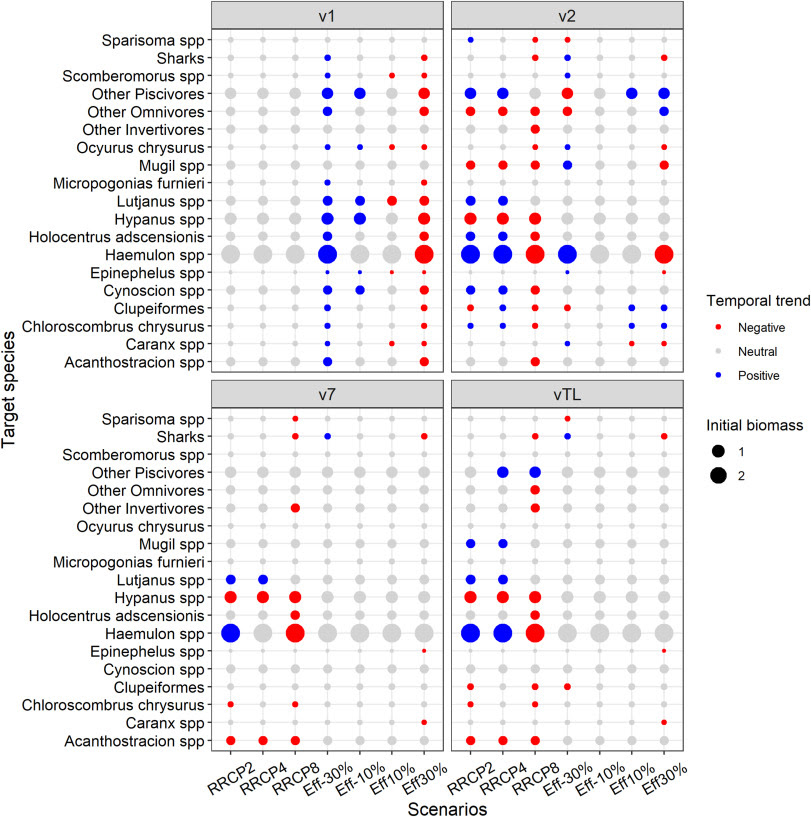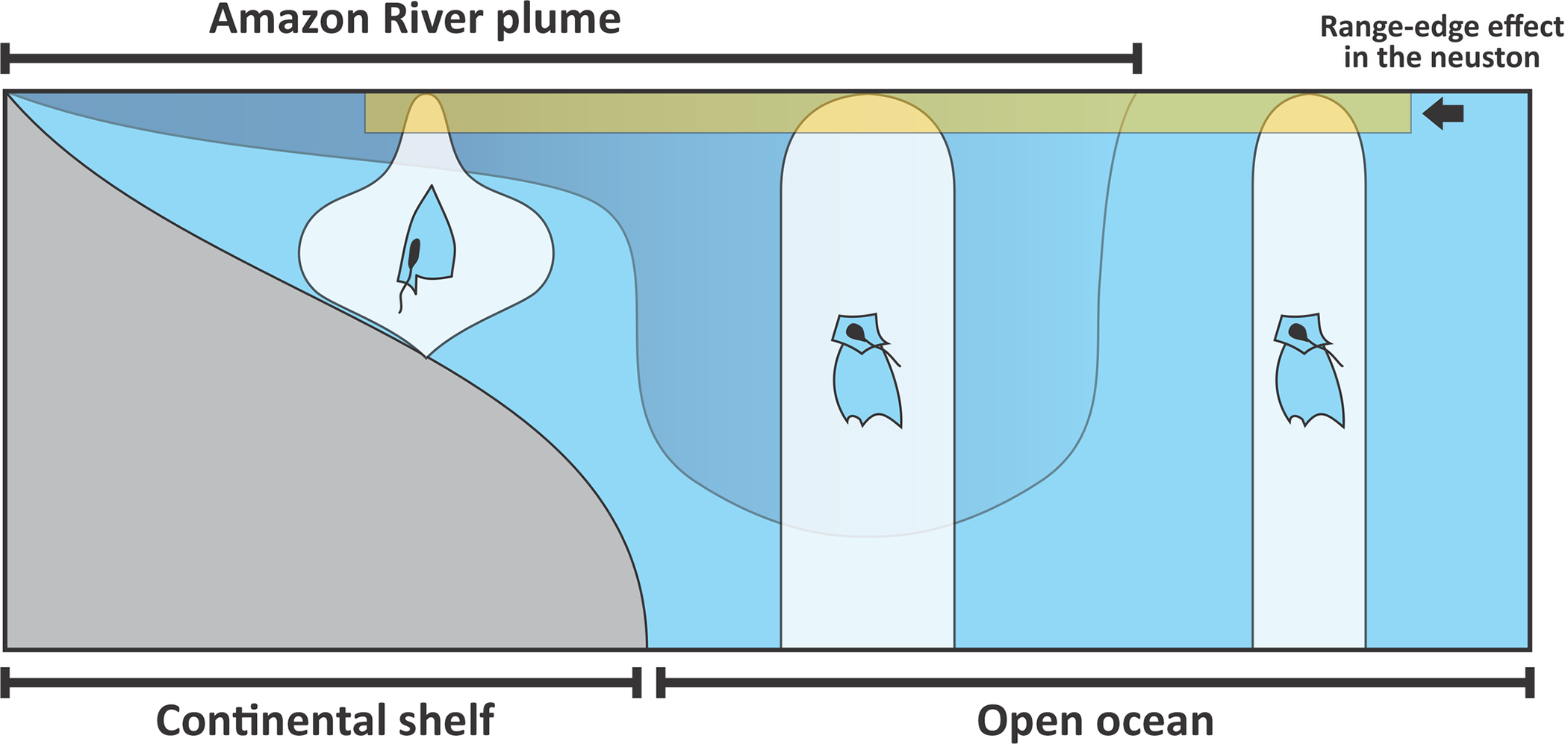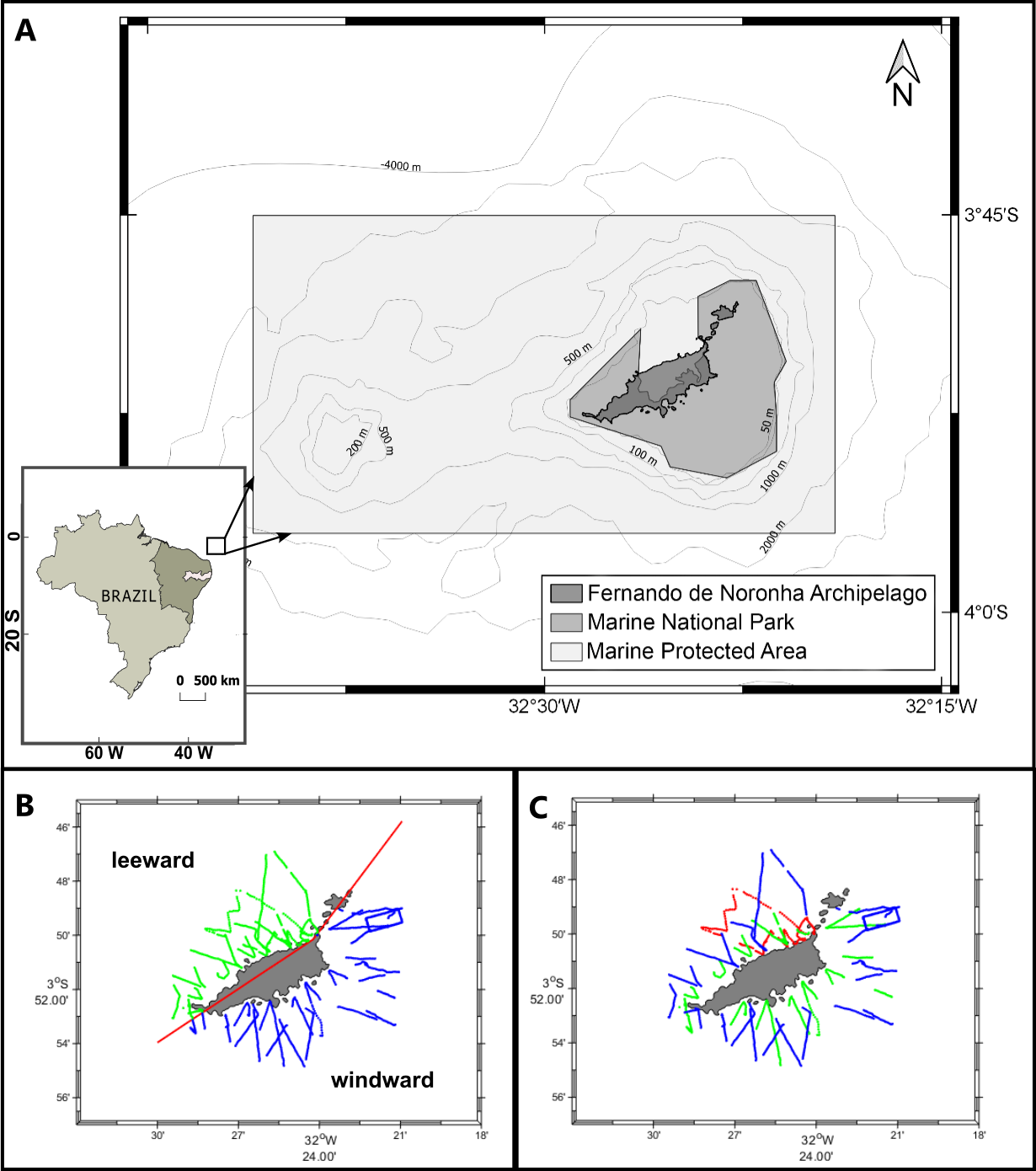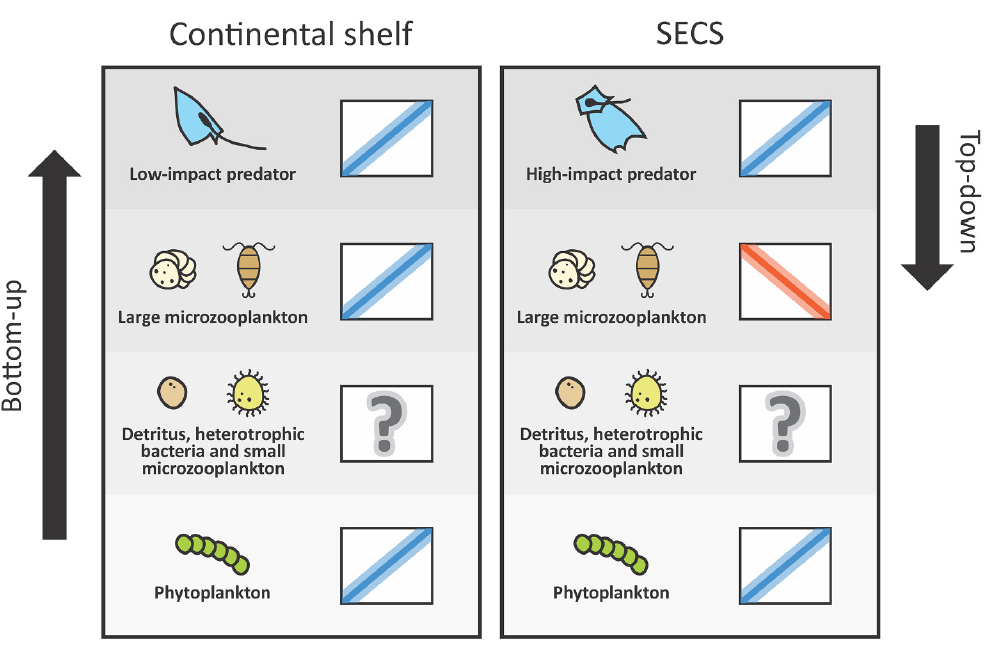Português abaixoEnglish below Du 17 juin au 30 septembre 2025, l’Aquarium Planet Ocean Montpellier accueille l’exposition Terra-Mar, une exposition inédite mêlant science, art et sensibilisation
We investigated MP ingestion in lanternfishes (Myctophidae), one of the most abundant vertebrates in the world, using archived specimens from museum collections from 1999 to
Small-scale fisheries, especially those from developing countries, are vital for millions. Understanding the impact of environmental and human factors on fish stocks and yields and
Mesozooplankton plays a pivotal role within marine food webs. However, there is a paucity of studies examining the size-spectra and trophic efficiency of these communities
The neuston layer represents a complex community inhabiting the interface where oceanographic and atmospheric processes interact. Here, our aim was to compare patterns in the
The oceanic zone of Northeast Brazil in the southwestern tropical Atlantic Ocean is characterised by the presence of a variety of current systems. Thus, it
Deep-pelagic fishes are among the most abundant vertebrates on Earth. They play a critical role in sequestering carbon, providing prey for harvestable fishing stocks and
This study presents an approach that complements previously identified trends in the distribution of acoustic biomass of demersal and pelagic fishes in Fernando de Noronha.
Large microzooplankton, comprising organisms generally between 64 and 200 μm, plays a significant trophic role in marine ecosystems as primary or secondary consumers. In oligotrophic
The recruitment of marine species in isolated oceanic island systems can be challenged by prevailing currents, as exemplified by the Tropical Southwestern Atlantic. In this



